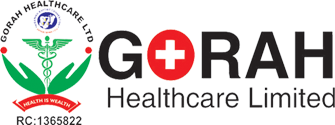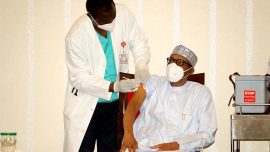
Sin Tax: A Viable Means to Health Financing in Nigeria
Achieving Universal Health Coverage (UHC) is largely dependent on how a country finances its health system. Since the Abuja Declaration in 2001, Nigeria has been unable to allocate at least 15% of its national budget to health care, therefore leaving the health system grossly underfunded. The health sector relies heavily on donor funding, meaning that the exit of international partners will leave it more vulnerable than ever before.
Nigeria’s total health expenditure is derived from both health allocations and allocations for the Basic Health Care Provision Fund, which is 1% of the Consolidated Revenue Fund (CRF). Since the inception of the BHCPF however, its allocation has always been below the earmarked 1% of the CRF. In 2020, the BHCPF allocation was about 50% less than the value of 1% of the CRF.
Out-of-pocket payment for health
Most Nigerians cannot afford the most basic health insurance package causing them to make out-of-pocket payments for health emergencies which leaves them one step away from falling into poverty. A review of the 2010–2016 national health accounts, revealed that out-of-pocket expenditure of households in 2016 was $7.7 billion, representing 75% of Nigeria’s total health expenditure. Combined federal, state and local government expenditure was $1.4 billion, while international donor support was $1.1 billion.





